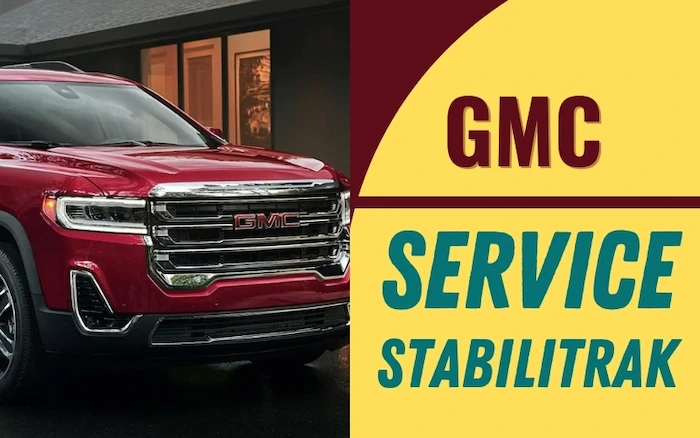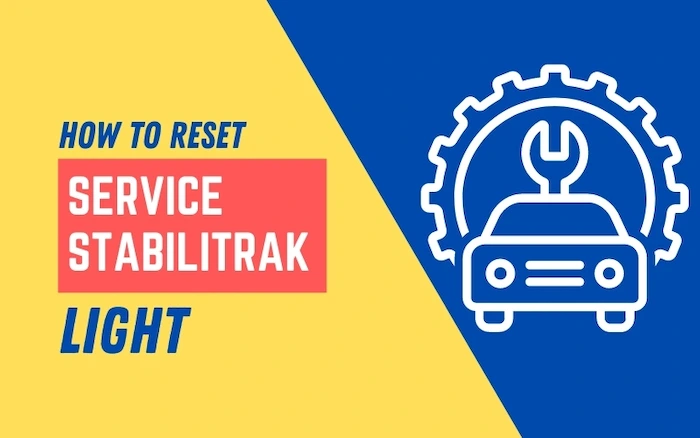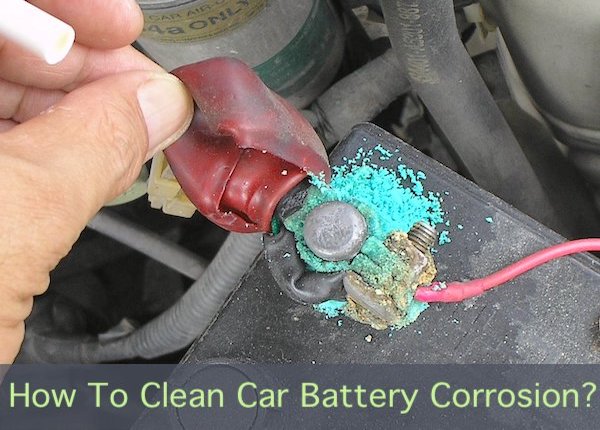Are Automatic Car Washes Bad For Your Car
Taking your car through an automatic car wash seems like a convenient way to get it clean, especially when you’re short on time. But some people claim that using automatic car washes too often can actually damage your car’s finish and components. Is this true? Or are automatic car washes safe to use on a regular basis?
How Automatic Car Washes Work
To understand the potential pros and cons, it helps to know what happens inside an automatic car wash. There are a few different types:
1. Touchless Car Washes
Touchless car washes use high-powered jets of water and detergent to blast dirt and debris off all surfaces of your car. These car washes rely solely on pressure rather than physical contact to clean your car. The high-pressure spray helps dislodge grit and road grime from the exterior.
Pros of Touchless Car Washes
- Less chance of fine scratches on the paint since no brushes or materials touch the car
- Can clean hard-to-reach areas well with strong spray
- Quick wash times of 2-5 minutes
Cons of Touchless Car Washes
- High pressure water usage requires filtration equipment installation
- Does not clean as thoroughly as other wash types
- Water may not be heated, less effective in winter
2. Soft-Touch Car Washes
Soft-touch car washes use soft cloth strips that gently scrub and wipe down the car as it passes through the wash tunnel. The strips are made from materials like microfiber that safely contour to all surfaces of the vehicle without being abrasive. Soap and water loosen dirt so the cloth strips can wipe surfaces clean.
Pros of Soft-Touch Car Washes
- Lower pressure water and gentler cleaning action reduces risk of paint damage
- Cloth strips clean difficult areas like mirrors, wheels, emblems
- Warmer water and soap lift more dirt and grime
Cons of Soft-Touch Car Washes
- Cloth strips require changing every few months adding operating costs
- Tall vehicles may not get tops cleaned as thoroughly
- Air blowers at end can skip drying certain spots
3. Touch Car Washes
Touch car washes combine high-pressure rinses with brush bristles that actually touch your car’s surfaces for an extremely thorough scrub. Rotating line brushes with soft and stiff bristles clean all contours as vehicles pass through. The brushes are designed to safely conform to curved surfaces. Additional tire/wheel brushes may be used as well in this setup.
Pros of Touch Car Washes
- Thorough scrubbing action cleans better than other systems
- Foam brushes lift grime while lowering surface scratching
- Heated chemicals and waxes can be applied
Cons of Touch Car Washes
- Bristle brushes wear out over time becoming less gentle
- Added mechanical components require more maintenance
- Scratches may happen if brushes not properly maintained
Are Automatic Car Washes Bad for Your Car’s Exterior?
Now that you understand the main automatic car wash types, are they safe to frequently use or will they damage your car’s finish? There are a few considerations:
Paint and Clear Coat Scratching
Older automatic car washes with stiff brushes and strong chemicals could be abrasive to paint and clear coats. But most modern washes are designed with gentle cloth strips, foam brushes, or touchless sprayers. When properly maintained with fresh materials, they pose little scratch risk. Just avoid car washes with visibly worn or frayed cleaning materials.
Swirl Marks and Water Spots
Swirl marks are fine scratches that circle around creating a swirling pattern in the clear coat. While automated washing systems won’t intentionally swirl your paint, particles on the strips or brushes can get caught and leave light circular scratches. Using a hand drying cloth afterwards minimizes this. Tap water may also leave mineral deposits behind causing water spots if not wiped.
Emblems, Trim, and Decals
The forceful jets and scrubbing action can wear down badging emblems, trim pieces, graphics, and decals with repeated exposure. Trying a touchless wash first may reduce this effect. Avoid aiming high-pressure wands directly at fragile exterior parts when in self-service bays.
Door Seals and Molding
Over time the constant barrage of suds, water, and scrubbing can degrade door and window seals plus exterior moldings. Inspector cracks or gaps around doors allowing moisture intrusion over years of use. Applying protectants to these seals can extend their life.
Are Automatic Car Washes Bad for Your Car’s Undercarriage?
In addition to paintwork, automatic car washes can impact components underneath your vehicle:
Chassis and Drivetrain
The chassis, suspension, drivetrain, and exhaust system see plenty of road debris, dirt, sand, and winter precipitation. Touchless washes may not have enough pressure to blast this stuck grime away. But car washes with undercarriage sprayers provide necessary cleaning for these areas most affected by messy driving conditions.
Rust Protection
Road salt, mud, and moisture gets flung onto the underbody where it can accelerate rust if allowed to linger. Getting regular undercarriage washes prevents corrosion-causing gunk from accumulating. The thorough cleaning exposes metal surfaces so rust protection sprays can adhere for protection between washes.
Loose Pieces and Damage
The intense water pressure could dislodge mud flaps, splash guards, or skid plates if already loose. Thick brush bristles beat against the exhaust and frame risking dents or cracking. But if everything is securely fastened, modern car washes shouldn’t batter anything loose or cause damage. Check for loose parts beforehand.
Car Wash Damage Prevention Tips
To maximize automatic car wash benefits while minimizing risks, here are some best practices:
- Inspect brushes/strips – Avoid worn materials that may scratch
- Wash weekly – prevents heavy buildup needing harsh chemicals
- Wax paint 2x per year – protects clear coat from waterspots
- Hand dry painted surfaces – reduces water marks
- Air dry undercarriage – prevents trapped moisture rust areas
- Check underbody pieces are secure – prevents dislodging from pressure
- Use touchless wash mode for decaled/fragile areas
- Apply protectant to seals and moldings 2x per year
Following these simple guidelines allows enjoying automatic car wash speed and convenience without worrying about damage. The improved designs of most modern washes are gentle enough for frequent use as long as you take basic precautions. Investing a little extra effort makes automated washing safe for your car’s exterior and underbody.
The Bottom Line
Are automatic car washes bad for your car? With the technological improvements in modern car washing systems, using an automatic wash up to once a week poses little risk of damage to your vehicle’s finish or components. Features like touchless spraying, foam brushes, and contouring cloth strips provide effective cleaning without being harsh. As long as you avoid facilities with visibly worn equipment, check for loose underbody parts beforehand, and take preventive steps like waxing and hand drying after the wash, automated washing is a safe convenience for busy car owners.
Frequently Asked Questions (FAQ)
Are automatic car washes bad for my car’s paint?
Most modern automatic washes are designed to be gentle on paint using materials like microfiber strips or foam brushes. As long as the equipment looks well-maintained, they pose little risk of scratching or swirling clear coats.
Can frequent automatic car wash use damage door seals?
Yes, years of exposure to moisture and scrubbing action could potentially degrade rubber door and window seals. Applying a protectant 2 times per year helps keep seals resilient. Also, make sure to hand dry doors after washing.
Will automatic car washes remove wax and detailing protectants?
Frequent automated washing can strip wax coatings over time. Getting a hand wax 2 times per year ensures protection between washes. Applying a spray wax after some wash cycles helps prolong coatings.
Can automatic car washes damage suspensions or loosen exhaust systems?
High-pressure undercarriage sprayers help clean road debris and accumulated grime without damaging properly fastened exhaust or suspension components. But it’s wise to check for loose parts beforehand.
How often is it safe to use an automatic car wash?
As long as you follow basic precautions like inspecting equipment, waxing paint, drying by hand, and checking underbody parts, using an automatic wash up to once per week is generally safe with little risk of damage.




